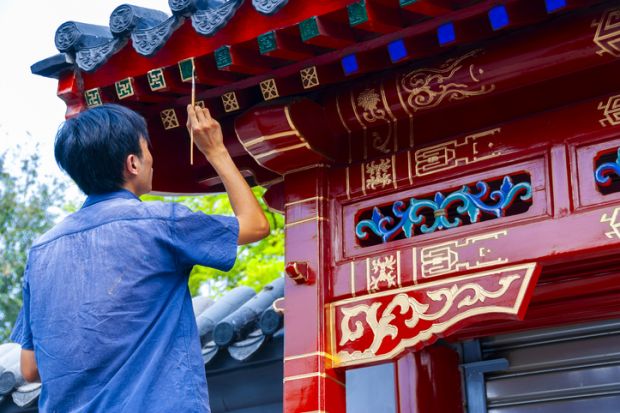University majors should be adjusted to address the “supply-demand imbalance” in China’s workforce, the country’s president, Xi Jinping, has said.
Speaking to policymakers on 27 May, Mr Xi appeared to address China’s graduate unemployment crisis, calling for increased analysis of “workforce development trends” and for this information to be used to guide university programmes, according to state-run media outlet Xinhua.
“It is also imperative to boost vocational education and improve the country’s lifelong vocational training system,” Mr Xi reportedly said.
Last year, the Ministry of Education announced a plan to “optimise” higher education majors by 2025, including establishing new disciplines in line with emerging technologies and industries, and removing less relevant ones. In March, the government approved 24 new majors for undergraduate programmes, including in national security studies, electronic information materials and intelligent marine equipment.
In his speech, Mr Xi also stressed “improving employment support policies for college graduates and other young people”.
With more than 1.7 million students expected to graduate from China’s universities and colleges this year – an increase of 210,000 compared with 2023 – the government has continued to roll out initiatives to support their absorption into the workforce. Recently, it launched a “graduate employment promotion campaign”, which focuses on university job fairs and industry visits.
Despite several similar measures introduced in recent years, graduate unemployment rates have remained persistently high. Figures spiked in June last year at 21.3 per cent, leading the government to pause publication of the data. After it recommenced in December 2023 with a revised methodology, the rate fell to 14.9 per cent.
Following the easing of prolonged lockdown measures, China is also now encouraging more university-educated foreigners to work in Beijing, loosening immigration restrictions in May to allow overseas students to undertake internships in the capital city.
Similarly, foreign graduates who have obtained a bachelor’s degree from a university ranked among the top 500 institutions worldwide, or one of China’s Double First Class institutions, can now apply for a work visa for up to three years. Previously, graduates needed to have had two years’ work experience to be eligible.
“The global competition for talents is becoming increasingly fierce,” said Zhang Tianyang, executive director of the Beijing Talent Development Strategy Research Institute. “Beijing has a great responsibility to participate in the competition on behalf of the country to attract global intellectual resources.”
Register to continue
Why register?
- Registration is free and only takes a moment
- Once registered, you can read 3 articles a month
- Sign up for our newsletter
Subscribe
Or subscribe for unlimited access to:
- Unlimited access to news, views, insights & reviews
- Digital editions
- Digital access to THE’s university and college rankings analysis
Already registered or a current subscriber? Login








